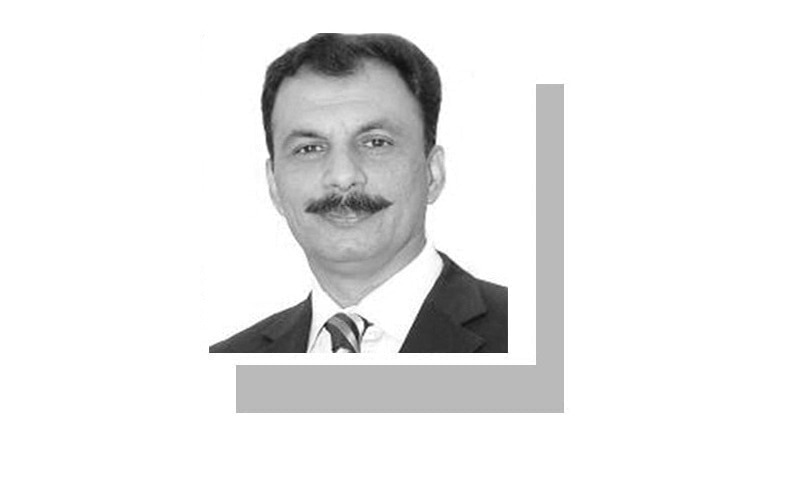FAMILIES play a vital role in influencing and shaping young people’s attitudes and responses to social pressures. With young people today exposed to violent and extremist propaganda both on- and offline, the social process of radicalisation needs focused attention, and efforts for preventing/countering violent extremism (P/CVE) need to be based on this social approach.
Young men and women usually start veering towards extremism when they face social exclusion, identity crises, changing roles and family relations, unemployment, discrimination, and overexposure to unverified and biased social media content based on spreading hatred. Family members may be the first to observe and detect signs of a turn to extremism, as they may notice subtle changes in behaviour, attitude, emotional responses, and social networks.
The warning signs may include isolation from family and friends, rejection of authority, refusal to socially interact, unwillingness to discuss views openly, and increased secretiveness while using cyberspace. However, owing to low education and communication barriers within families, it is sometimes difficult to properly diagnose these symptoms. Hence, the need for the state to take a more detailed look at how to integrate families into its P/CVE programmes.
In traditional tribal and semi-tribal societies, engaging families is a difficult ask. In some of these societies, instead of being a source of solutions, families are actually part of the problem. P/CVE programmes should focus on strengthening the parent-child relationship to deal effectively with such situations. Additionally, the supportive role and intervention of credible figures from the community may prove more effective in such a scenario.
Women can be the first to identify signs of growing extremism.
As mothers, sisters and wives, women can play an important role if they are empowered in the fight against extremism. They can be the first to identify signs of growing extremism but are usually not equipped with tools to stop it. Especially in traditional societies, mothers are often best placed within families to play a preventive role.
Poor communication between parents and children is another obstacle in the fight against VE. The engagement of fathers and other male family members in gaining access to vulnerable communities and training on how to effectively communicate with children can prove practically helpful in P/CVE. The real obstacle is that, in poor societies, parents are not equipped with the knowledge and tools to prevent VE. Parents are sometimes reluctant to risk being stigmatised or blamed, and they may even lose their jobs or social space. However, keeping in view growing radicalisation, parents have to be sensitised about how to detect the signs and how the onset of adolescence makes young people more vulnerable.
Additionally, the prevention of VE needs proactive interaction between families, police, and other agencies. In developing societies, such relationships are only established once young people are already involved in VE; ie, the police start interacting with parents as part of the legal process. Instead, what is needed is more informal social networking between parents and police, which can be achieved through community policing.
In traditional societies, women and children have particularly limited access to police and other agencies; hence, social isolation limits interactions with authorities, reducing opportunities for families to share valuable information outside their homes. To enhance their reach to households in tribal societies, the cadres of female spiritual leaders need to be expanded, which can prove instrumental in enabling women to quickly identify the virus of extremism breeding within their families.
Building parental capacity is important. Under relevant programmes, parents should be trained to recognise and deconstruct VE narratives and be enabled to address young people’s grievances.
Reporting radicalisation may be facilitated through a helpline. To report terrorism and terror-related complaints, Nacta introduced a dedicated telephone line 1717. The helpline needs to be expanded to encourage reporting of signs of radicalisation. However, in semi-tribal societies, an obstacle will remain in the diminished capacity of people to identify radical elements, their lack of trust in helplines, and their reluctance to report.
Alone, governments cannot tackle the menace of extremism. The growing realisation regarding the role of families in P/CVE is a shift from a whole of government to a whole of society approach. Strengthening school and teacher-parent engagement on VE issues is a viable option. Incorporating families in PVE initiatives, instead of using imported CT recipes, can be a localised solution that facilitates early identification.
The writer is author of Pakistan: In Between Extremism and Peace.
Published in Dawn, August 12th, 2023












































Dear visitor, the comments section is undergoing an overhaul and will return soon.